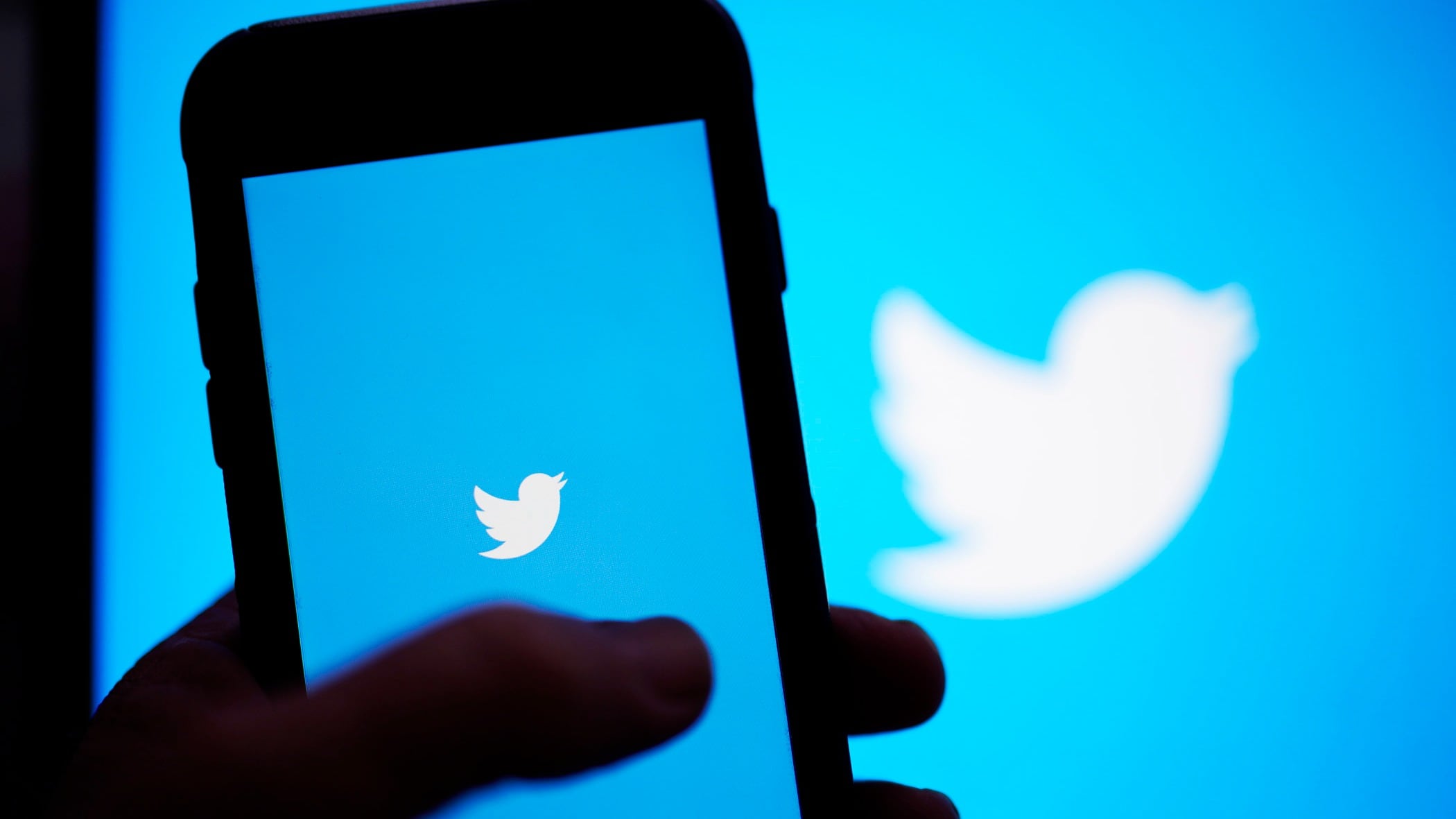After a three-year hiatus, Twitter is set to reverse course on its ban of political ads.
In 2019, Twitter and then-CEO Jack Dorsey moved to ban cause-based ads in an effort, in part, to reduce the spread of misinformation and paid advertising for smear campaigns but the bird app could be reversing course under Elon Musk's leadership.
"Moving forward, we will align our advertising policy with that of TV and other media outlets," the company wrote in a tweeted statement.
Musk is a self-described advocate for free speech and the move comes as Twitter struggles to become profitable. In 2018, when political ads had a green light, they accounted for less than $3 million of total spending during the U.S. midterm elections. Facebook also enacted limits on political and social issue advertising at the time but reversed its decision in 2021.
Last November, Twitter went through some turmoil when notable companies like Chipotle, General Mills, Pfizer, United Airlines, and others, halted advertising on the platform after Musk's takeover.









